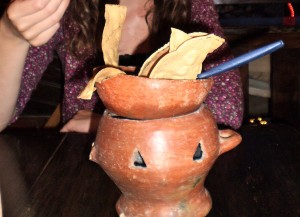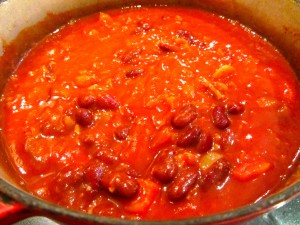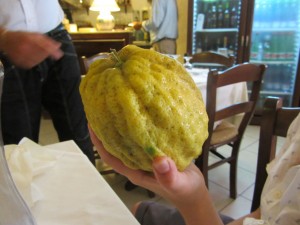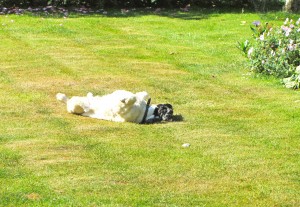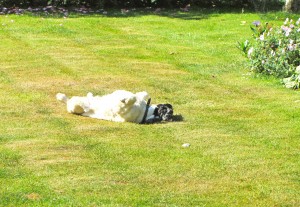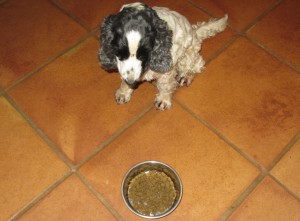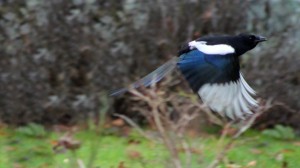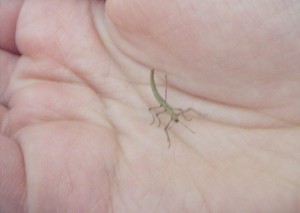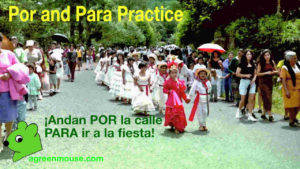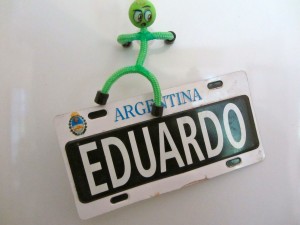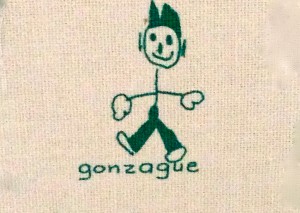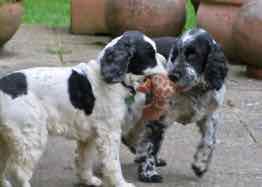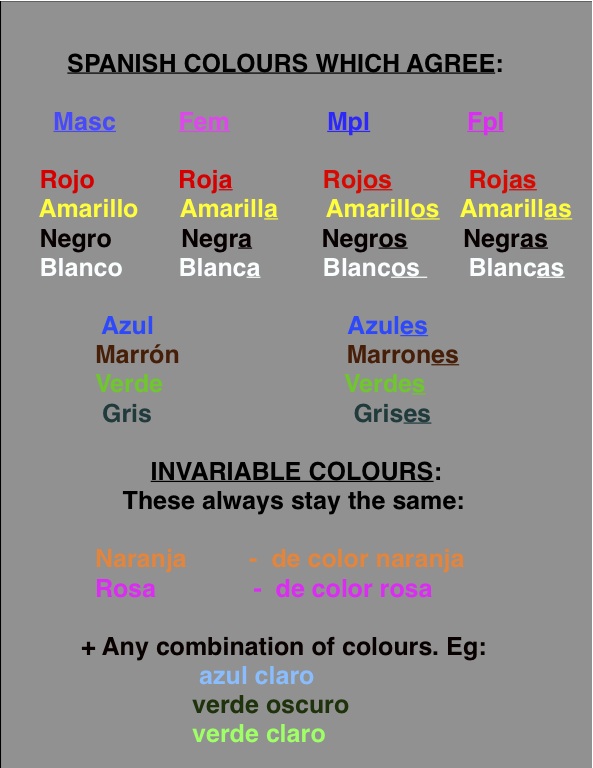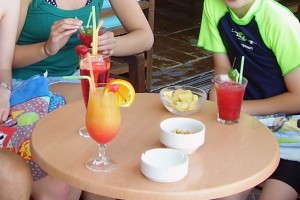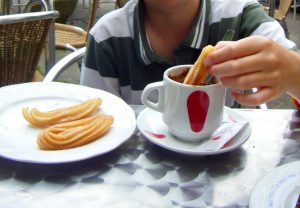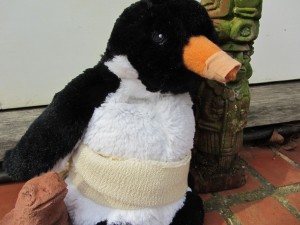Refried Beans – Frijoles Refritos
Easy Re-fried Bean Recipe + Video in Spanish
Refried beans are normally cooked slowly for several hours.
This recipe takes a short cut and uses tinned beans which are still delicious.
The Recipe
Ingredients:
1-2 tbsp sunflower oil
2 onions – chopped
4 garlic cloves – crushed
2x 400g cans kidney beans
500g carton of tomato passata
2 tsp cumin
4 tsp paprika
1 red pepper
1 beef stock cube – crumble between fingers
juice of one lemon
Method:
Heat the oil in heavy casserole over direct heat.
Stir fry the onions and garlic until soft.
Stir in the kidney beans, chopped red pepper and tomato passata.
Add the cumin, paprika and crumbled stock cube
Stir in the lemon juice
Bring to the boil and then simmer gently on a low heat or place in a pre-heated oven at 170C for 1 hour.
Purée the cooked beans using a handheld blender or a potato masher.
Serve hot sprinkled with grated cheddar cheese, a few chopped coriander leaves, a spoonful of sour cream perhaps, and some tortilla chips.
It is also delicious to heat, chop and add a few pieces of chorizo to the dip just before serving.
Suitable for freezing: Store in small freezer bags for use when required.
(For a more traditional version of this recipe, replace the passata, lemon juice and stock cube with water, salt and a few slices of bacon or chorizo)
An essential, protein-rich food in Mexico and Central America, the beans in this recipe can be kept whole and used in Bean quesadillas.
Purée or mash them up, and they become frijoles refritos, an excellent dip, filling for a tortilla, or accompaniment to add Latin American flavour to a meal.
Video
Downloadable PDF of the Recipe
In Honduras frijoles refritos are served in a clay pot called an ANAFRE:
The ANAFRE contains hot coals. The beans are served hot with melted cheese, cream and chopped coriander + tortillas or tortilla chips on the side.
Refried beans are often served with fried eggs, rolled up in a tortilla for a snack lunch, or served as part of a main course with meat, grated cabbage, fried banana, rice, and ‘chismol’ – a ‘salsa’ made of tomatoes, onions and peppers.
More Practice:
Spanish Food and Drink Resources

